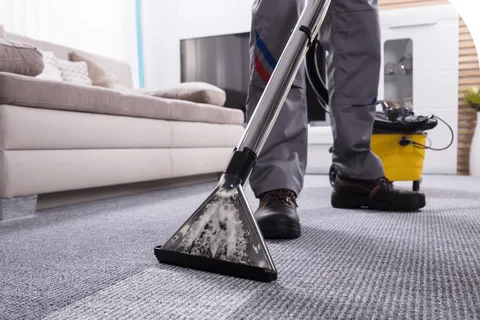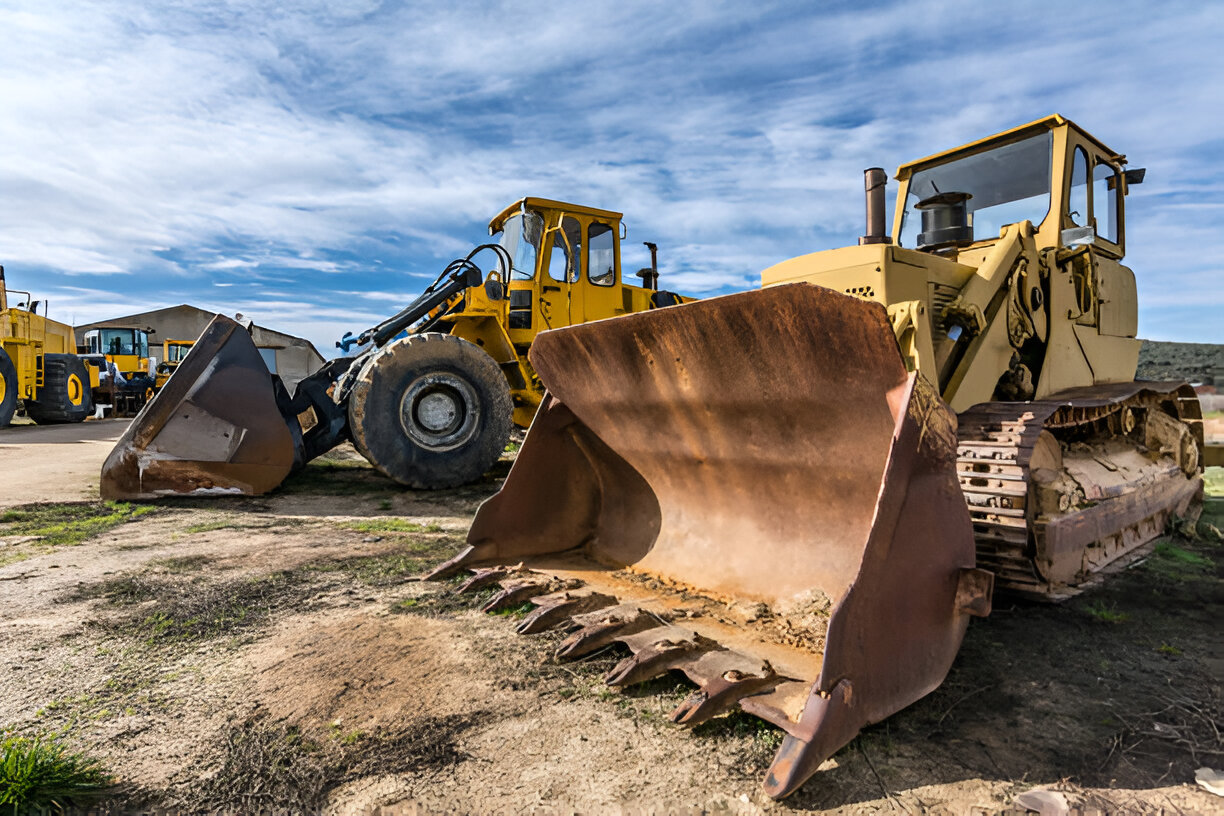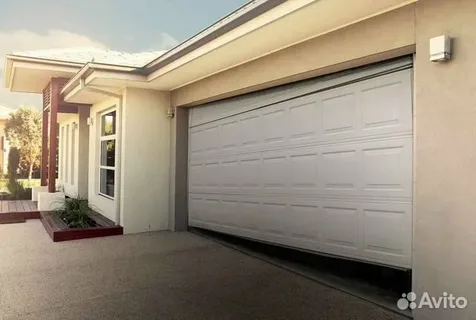Carpets play a much larger role in your home’s environment than most people realize. While they add comfort and warmth, they also act like filters, trapping dust, dirt, pet dander, pollen, and other airborne particles. Over time, these contaminants build up and can affect the air you breathe daily. Without proper care, carpets become a hidden source of indoor pollution, impacting your health and comfort. This is where Residential carpet cleaning proves to be more than just a cosmetic service—it becomes essential for maintaining indoor air quality.
Professional cleaners understand this dynamic and use advanced equipment designed to remove allergens, bacteria, and deeply embedded debris. As someone experienced in the industry, I can attest that ignoring carpet care doesn’t just harm the flooring; it gradually deteriorates the air you and your family breathe. Businesses such as Michael’s Professional Carpet Cleaning demonstrate how professional expertise goes beyond surface cleaning by focusing on healthier living spaces.
Why Indoor Air Quality Matters More Than Ever
The Environmental Protection Agency (EPA) reports that indoor air can often be more polluted than outdoor air. This reality is concerning since most people spend the majority of their time indoors, especially at home. Poor indoor air quality has been linked to respiratory conditions, allergies, fatigue, and other health issues. Dust mites, mold spores, and pollutants trapped in carpet fibers can be re-released into the air every time you walk across your floors or vacuum improperly.
By investing in Residential carpet cleaning, homeowners take a proactive step toward minimizing airborne contaminants. This is particularly important in households with children, elderly family members, or anyone suffering from asthma and allergies. Clean carpets act like a refreshed air filter, improving circulation and overall indoor health.
The Role of Professional Cleaning vs. DIY
Many homeowners attempt to clean carpets on their own using rental machines or over-the-counter products. While these can provide temporary results, they often fail to extract deeply lodged particles. Worse, improper use of water or detergents can leave behind residue that attracts even more dirt. Professional cleaners, on the other hand, use high-powered extraction systems and specialized treatments tailored to carpet fibers.
The difference is not just visible but also measurable in terms of air quality. After professional cleaning, dust levels in the air are reduced, and allergy symptoms are often noticeably improved. It’s not merely about making carpets look fresh—it’s about removing the pollutants you cannot see.
Steam Cleaning and Allergen Removal
One of the most effective methods for Residential carpet cleaning is hot water extraction, commonly known as steam cleaning. This process not only removes dirt but also kills dust mites and bacteria living in carpet fibers. Allergens that typically aggravate asthma or seasonal allergies are neutralized, making your home a safer breathing environment.
Preventing Mold Growth
Moisture trapped in carpets is a major contributor to mold, which can release harmful spores into the air. Professional carpet cleaning ensures carpets are properly dried after treatment, reducing the risk of hidden mold growth. In contrast, DIY attempts often leave carpets damp, creating the perfect environment for mold colonies.
Enhancing Comfort and Longevity of Carpets
Another overlooked benefit of Residential carpet cleaning is that it extends the life of your carpets. Dirt and grit wear down fibers over time, making carpets appear older and less comfortable. By scheduling regular professional cleanings, homeowners not only enjoy fresher air but also protect their investment in flooring.
Clean carpets also contribute to a more pleasant living environment. A fresh-smelling, allergen-free home creates a sense of comfort that supports mental well-being. When people feel better indoors, it naturally enhances their overall lifestyle.
Practical Steps to Improve Indoor Air Quality
Beyond cleaning carpets, there are complementary steps homeowners can take to keep indoor air fresh.
Regular Vacuuming with HEPA Filters
Using a vacuum equipped with a HEPA filter captures more allergens and prevents them from recirculating into the air. Routine vacuuming helps maintain the benefits gained from professional cleaning.
Control of Humidity Levels
Maintaining indoor humidity between 30% and 50% discourages dust mites and mold growth. Pairing Residential carpet cleaning with humidity control provides long-term protection for indoor air quality.
Ventilation and Air Purification
Opening windows when weather permits and using air purifiers with HEPA filters further reduce airborne pollutants. These steps, combined with professional cleaning, create a healthier ecosystem inside your home.
The E-E-A-T Perspective on Carpet Cleaning
To understand why Residential carpet cleaning is vital, it’s important to consider the framework of Experience, Expertise, Authoritativeness, and Trustworthiness (E-E-A-T). Professional carpet cleaners bring years of experience and training, ensuring that they apply the right techniques for different carpet materials. Their expertise ensures contaminants are removed effectively without damaging fibers.
Authoritativeness comes from established practices backed by industry standards and recognized cleaning associations. Trustworthiness is built when companies educate their clients transparently about processes and expected results. Together, these elements reassure homeowners that the service provided is not just cosmetic but health-driven.
Conclusion
Maintaining a healthy home goes beyond visible tidiness—it’s about safeguarding the very air you breathe. Carpets often act as silent collectors of pollutants, and without intervention, they can compromise your indoor environment. Professional Residential carpet cleaning not only restores the appearance of your floors but also plays a crucial role in enhancing indoor air quality. By reducing allergens, preventing mold growth, and supporting overall wellness, it proves to be a service that benefits both health and comfort. Choosing trusted providers ensures your home remains a cleaner, healthier place for years to come.
Frequently Asked Questions
How often should I schedule Residential carpet cleaning?
Most experts recommend professional cleaning every 12 to 18 months. Homes with pets, children, or allergy sufferers may benefit from more frequent cleanings.
Can Residential carpet cleaning help with allergy relief?
Yes. Professional cleaning removes allergens such as dust mites, pet dander, and pollen, reducing triggers for asthma and seasonal allergies.
Is steam cleaning safe for all types of carpets?
Steam cleaning is effective for most carpets, but delicate or specialty fibers may require alternative methods. Professional cleaners will assess the best approach for each type of carpet.
How long does it take for carpets to dry after cleaning?
Typically, carpets dry within 6 to 12 hours depending on ventilation and humidity. Professionals use equipment to speed up drying times and prevent mold.
Will Residential carpet cleaning make my carpets last longer?
Absolutely. Removing dirt and debris prevents fiber damage, keeping carpets looking new and extending their lifespan.




